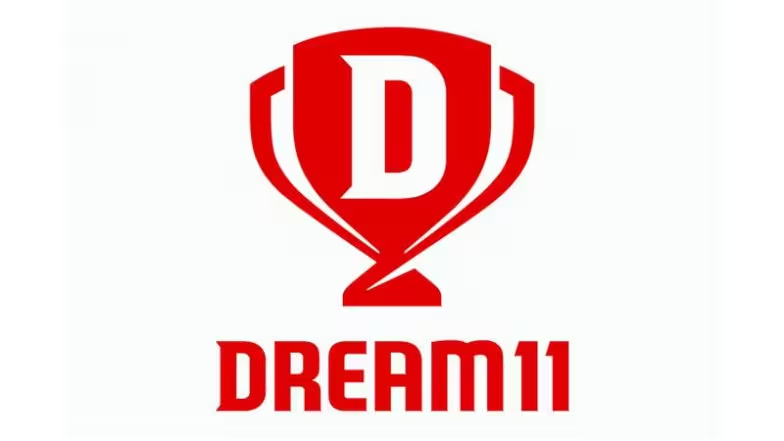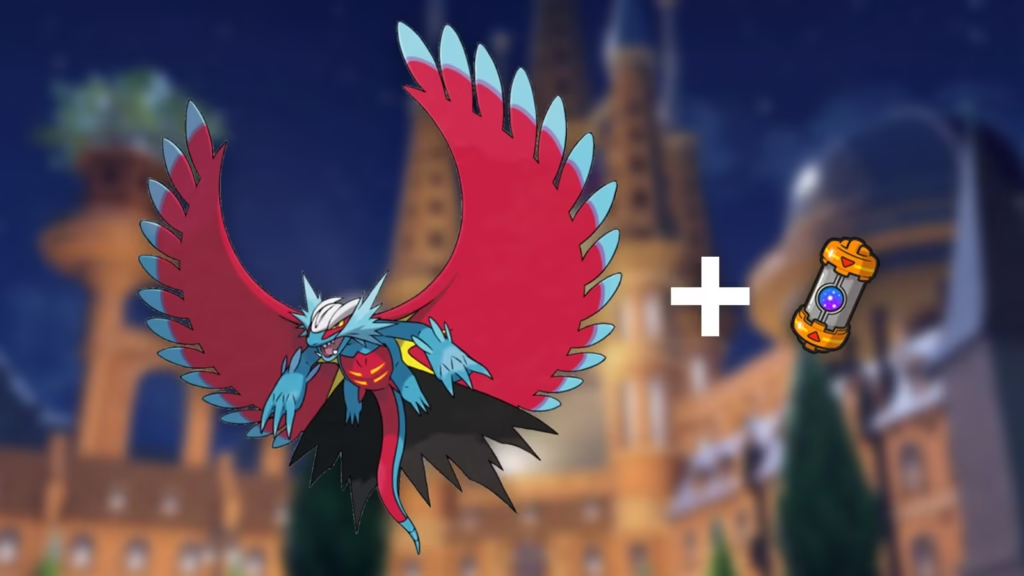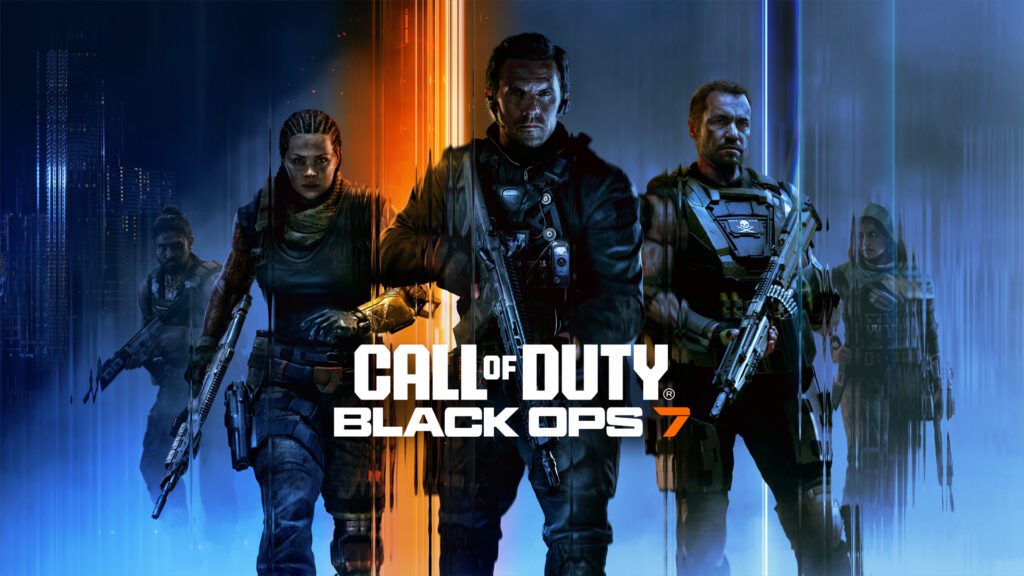Now Reading: Dream11 Halts Paid Contests After New Online Gaming Law Takes Effect
-
01
Dream11 Halts Paid Contests After New Online Gaming Law Takes Effect
Dream11 Halts Paid Contests After New Online Gaming Law Takes Effect

Dream11 has pulled the plug on all its paid fantasy contests, shifting entirely to a free-to-play model after India passed the Promotion & Regulation of Online Gaming Law, 2025. The change, announced just after President Murmu gave the bill her assent, signals a major turn in the fantasy-sports landscape across the country.
What Changed and Why
The newly enacted law bans platforms from offering games where users pay to win money, aiming to curb addiction, financial strain, and risks like fraud and misuse. Dream11 acted swiftly, saying it has always followed the law and will continue to do so—even if it believes more progressive regulation would have been better.
A Strategic Pivot
For Dream11, the shift is anything but small. While its paid contests have ended, subsidiaries like FanCode and DreamSetGo, as well as its sports-tech ventures and foundation, remain active. The company’s statement hinted at resilience and a plan for a “second innings”—suggesting it’s far from shutting shop.
Echoes in Tier-2 Cities
Fantasy sports have grown deeply popular in smaller cities and towns—from Bhopal to Bhubaneswar—where fans follow matches and team stats with as much fervour as metropolitan viewers. The paid model brought real money at play, creating both excitement and concern among these audiences. Now, with no entry fees, Dream11 may find renewed access in these regions—but sustainable engagement will hinge on how well the new model retains users.
What Lies Ahead
Dream11 rose from a 2008 startup to an $8-billion unicorn, playing an official role in Indian cricket culture. Removing paid contests will affect revenue and user behaviour—but it also opens a reset button. The company’s other ventures might now take centre stage, aiming to keep users engaged without financial incentives. The “second innings” might just be a reimagined innings.

























